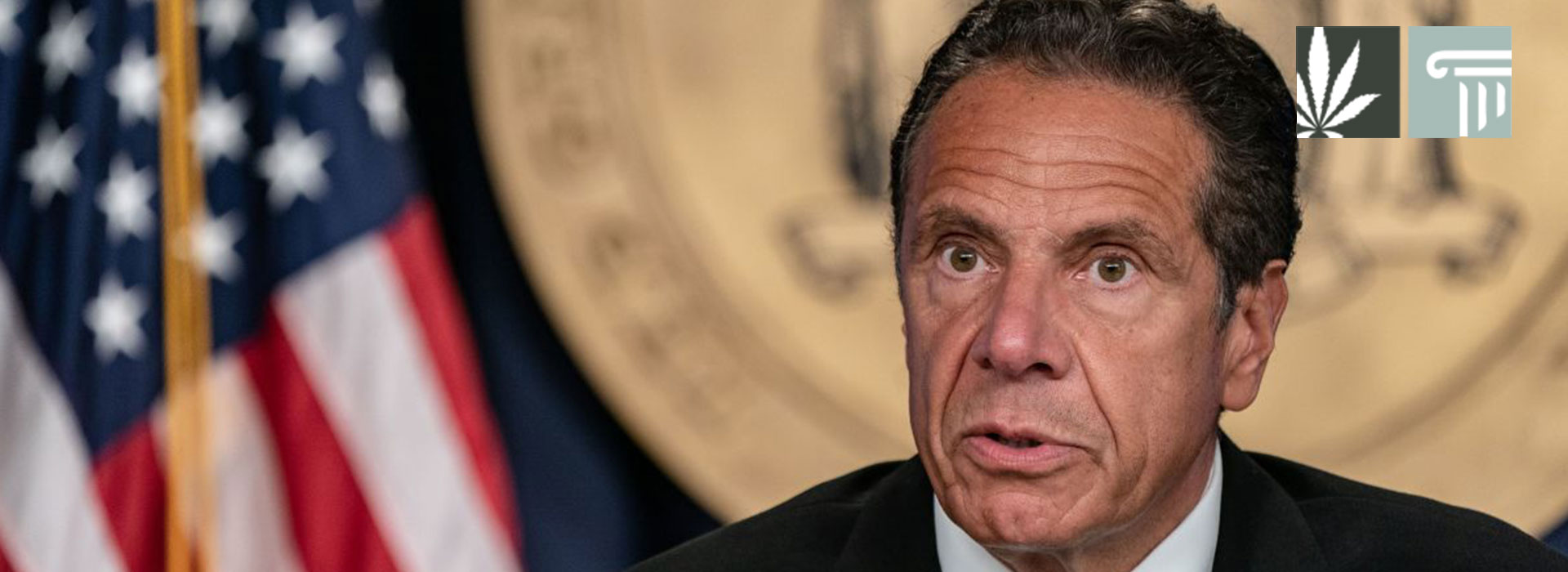New York lawmakers passed a bill to legalize adult-use marijuana in the state, with Gov. Andrew Cuomo indicating he would act quickly to sign the measure into law.
The state Senate voted 40-23 in favor of the legislation and the Assembly soon followed suit in a 100-49 vote. If enacted into law, New York would become the 15th state to legalize recreational cannabis in the US and one of the largest marijuana markets in the country.
“New York has a storied history of being the progressive capital of the nation, and this important legislation will once again carry on that legacy,” Cuomo said in a press release.
Upon Cuomo’s signature, the legislation would take immediate effect and allow adults 21 and older to possess up to three ounces of cannabis and grow up to six plants for personal use. The approved measure allows for home deliveries of cannabis, as well as onsite consumption at retail locations. A state committee would develop the rules and issue the licenses for a legal cannabis industry, with this expected to take up to one year. Until then, legal sales and home cultivation of marijuana would remain prohibited. Local jurisdictions would be able to opt out of retail sales of cannabis so long as they pass legislation to that effect by the year’s end, but they must nonetheless recognize the plant’s new legal status.
A recent fiscal analysis commissioned by the New York Medical Cannabis Industry Association projects the state’s cannabis market would be worth $4.6 billion, with this figure rising to $5.8 billion within five years. Gov. Cuomo said this would translate to around $350 million each year for state and local government coffers, based on a sales tax of 13 percent as well as a variable tax rate determined by THC concentration. Under the deal agreed between Cuomo and the legislature, 40 percent of these revenues would be reinvested in communities most harmed by the criminalization of cannabis, 40 percent would be allocated to public education, with the remaining 20 percent funding drug treatment and education programs.
The bill’s lead sponsor, Sen. Liz Krueger, heralded the measure’s racial justice provisions aimed at tackling the legacy of the state’s drug war as a model for the rest of the US to follow.
“The bill we have held out for will create a nation-leading model for legalization. New York’s program will not just talk the talk on racial justice, it will walk the walk,” Krueger said.
The measure stipulates half of marijuana business licenses are issued to social equity applicants, which includes women, minorities, individuals with a cannabis conviction, and disabled veterans. These applicants would also be able to apply for low-or-no interest loans and grants to get their cannabis business off the ground. The bill also allows for automatic expungement of marijuana-related criminal records for offenses that would no longer be illegal.
The agreement marks a significant turnaround in the long-running negotiations between Gov. Cuomo and the state legislature on marijuana legalization in New York. For the past three years, Cuomo has insisted on passing the measure through his annual state budget, and on retaining significant executive control over how marijuana tax revenues are spent. State lawmakers, on the other hand, have called for the measure to pass through a standalone bill with provisions to ensure those communities who’ve faced disproportionate enforcement of New York’s marijuana laws receive a sizable portion of the legal industry’s revenues. Gov. Cuomo’s concessions to the legislature follow recent calls for his resignation owing to accusations against him of sexual harassment, as well as criticism over his handling of nursing home deaths during the Covid-19 crisis.






